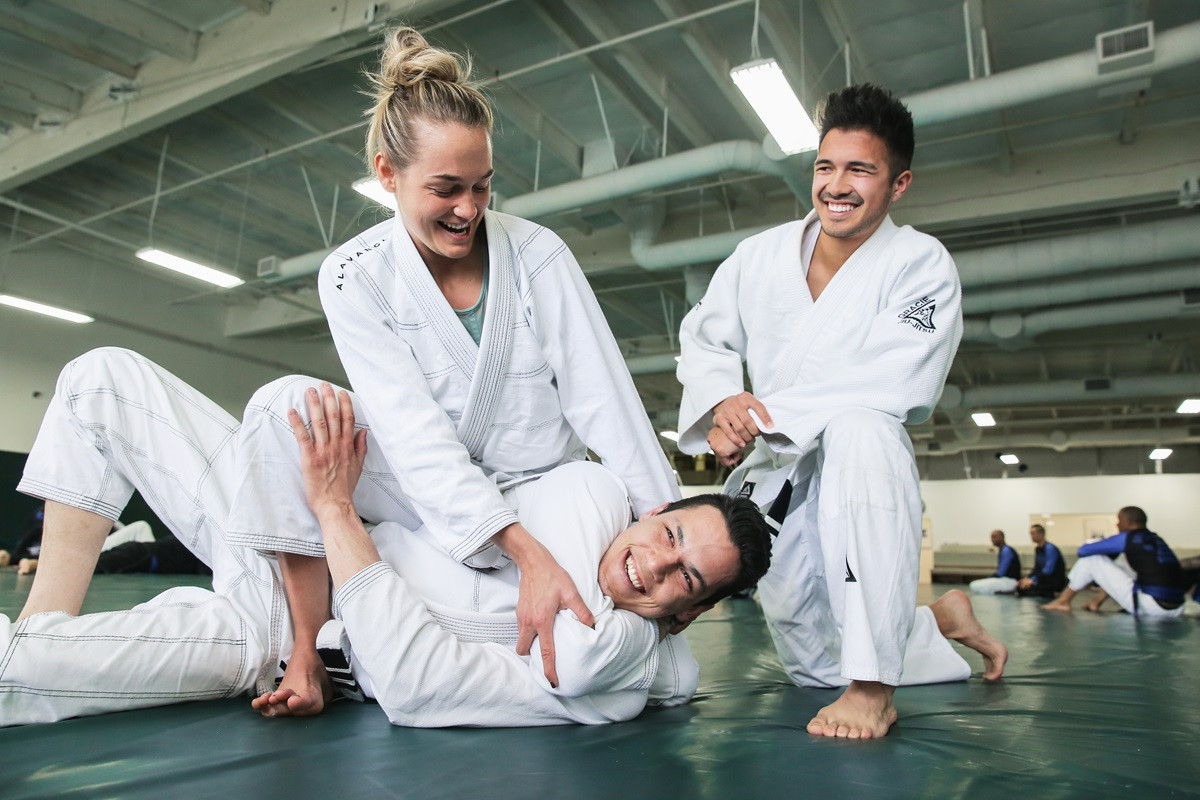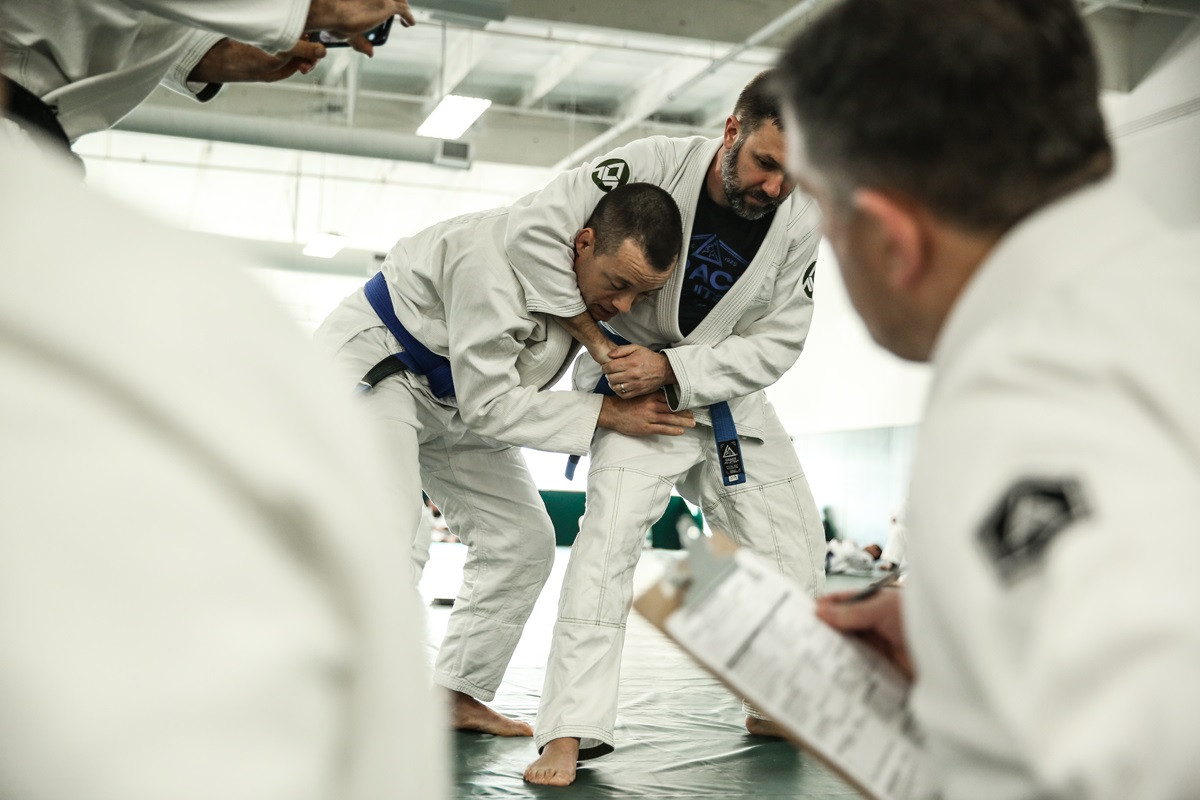Why some white belts quit
Learning jiu-jitsu is a lifelong endeavor. For many white belts, they instantly recognize the draw during their first or second class and become committed to making jiu-jitsu a part of their life. It’s not just the fact that they’re learning self-defense or getting into shape or even becoming part of the community at the gym; they really love learning the technique and all the ins and outs of each move.
However, not everyone keeps coming to class. For some people, it can be a financial issue. For others, it’s because of injuries. For others still, it’s because of obligations at home or at work. These are all legitimate reasons to take an extended break. Sure, jiu-jitsu is important, but it will always take a backseat to your health, your family, and your career (unless that career is jiu-jitsu, of course).
Other people may walk away for less pressing issues. As Rickson Gracie explains in the below video, many white belts who could develop a love of jiu-jitsu stop coming to class because of how they approach martial arts. There are two types of people that he focuses on: Those who are too strong for their own good and those who are too smart for their own good.
Strength as a Weakness
Rickson has seen a lot of students in his decades of teaching, and one type of student that frequently quits he calls the “super strongs.” This may come as a surprise. After all, these are students who have excellent physicality, who are in good shape, and who are athletic. The problem is that they don’t come to jiu-jitsu class to learn jiu-jitsu. Instead, they come to class to win.
The two most important elements of jiu-jitsu are survival and efficiency—in that order. Your objective is to survive, and you accomplish that objective through the efficient use of technique. For people who come to class simply to dominate other white belts with their strength, this lesson is lost. Instead of developing their technique, they just use their brawn to overwhelm their opponents.
There is no doubt that using just your strength will help you win a street fight. It may also help you defeat other white belts. The problem is that it’s not jiu-jitsu. Rickson notes that it’s also tiring since these students are using power to make up for their lack of technique. As a result, coming to class becomes physically taxing. In time, they start feeling as though they’re not learning anything new, and the combination of feeling exhausted and bored becomes too much. Ultimately, they stop showing up.
Intelligence as a Burden
The second group of people that Rickson talks about are the people who are too focused on the theoretical to listen to their bodies. True, every person who learns jiu-jitsu needs to have a certain level of intelligence to understand the techniques and the dynamics of a fight. Moreover, you need to be thoughtful and clever to prevent your opponent from getting the better of you.
However, over time, this intelligence needs to translate into something that is reflexive. This is true of many skills, but it’s perhaps best exemplified when learning a new language. While every beginner starts out thinking in their primary language and translating it into their second language, this extra step begins to become unnecessary as you become more proficient in the language. Eventually, you think and even dream in the new language. As a result, your use of the language becomes more fluid and more natural.
In jiu-jitsu, the progression is supposed to be similar. As you become better and more advanced, the need to ponder the many ways that your opponent can pass your guard fades away. Instead, you instinctively respond in the moment with technique. The more you develop your technique, the more your jiu-jitsu becomes fluid and natural. Students who struggle to translate theory to practice because they are stuck in their own heads start falling behind, which makes them start thinking even more. Eventually, they become so overwhelmed with all the potential routes their opponent can take that they become paralyzed. Like the super strongs, jiu-jitsu becomes overly exhausting, they stop progressing, and then, eventually, they stop showing up.
Rickson’s Advice
For Rickson, the root of the problem for both types of students is a fear of losing. The only way for them to progress, however, is to let go and to be at peace with the idea that they will be bested in class. More than anything, it means giving up one’s perceived strengths and relying on the technique to be one’s guide. “If you’re strong, reduce your power,” he says. “If you’re very smart, reduce your thinking.”

